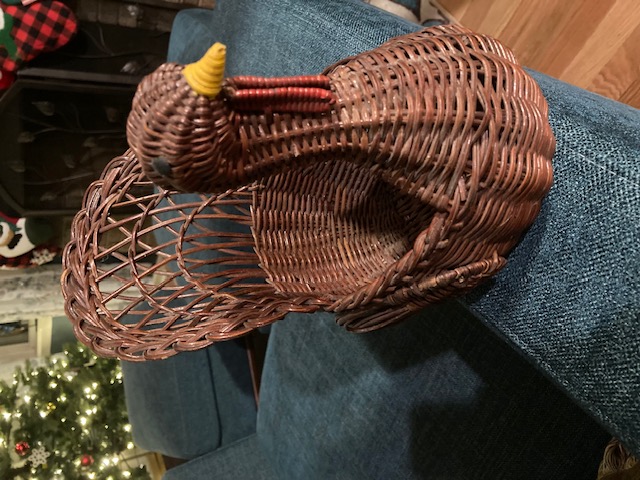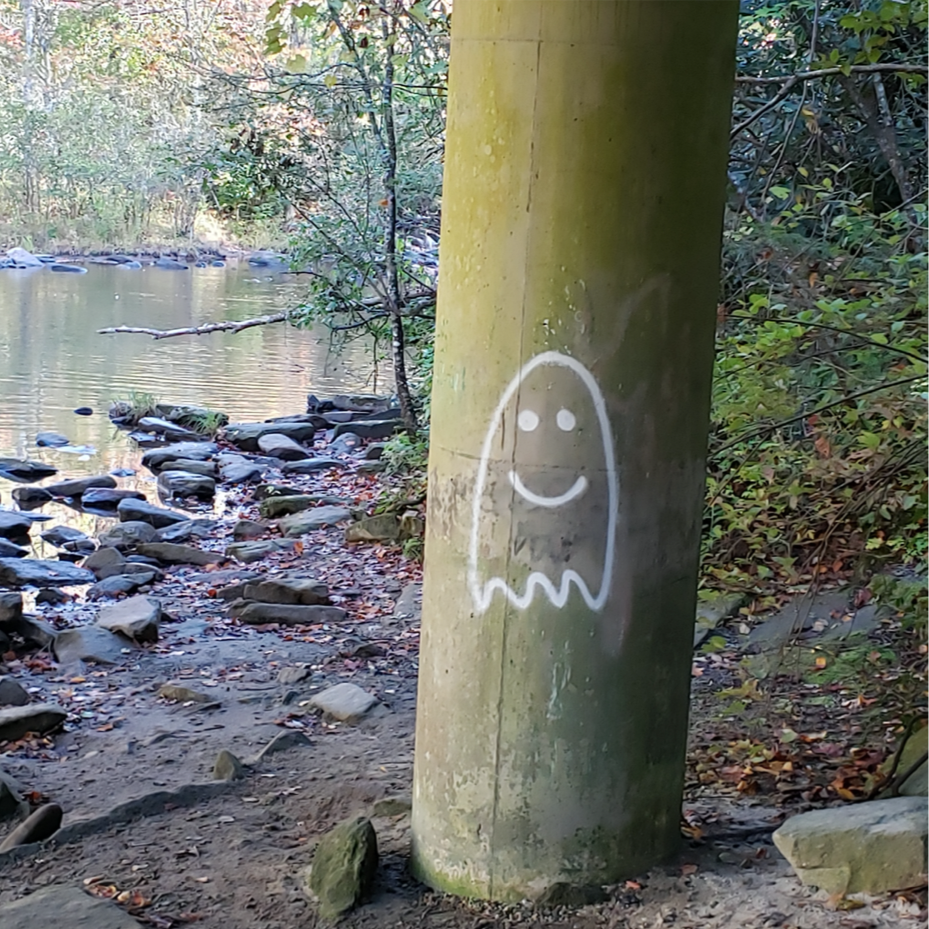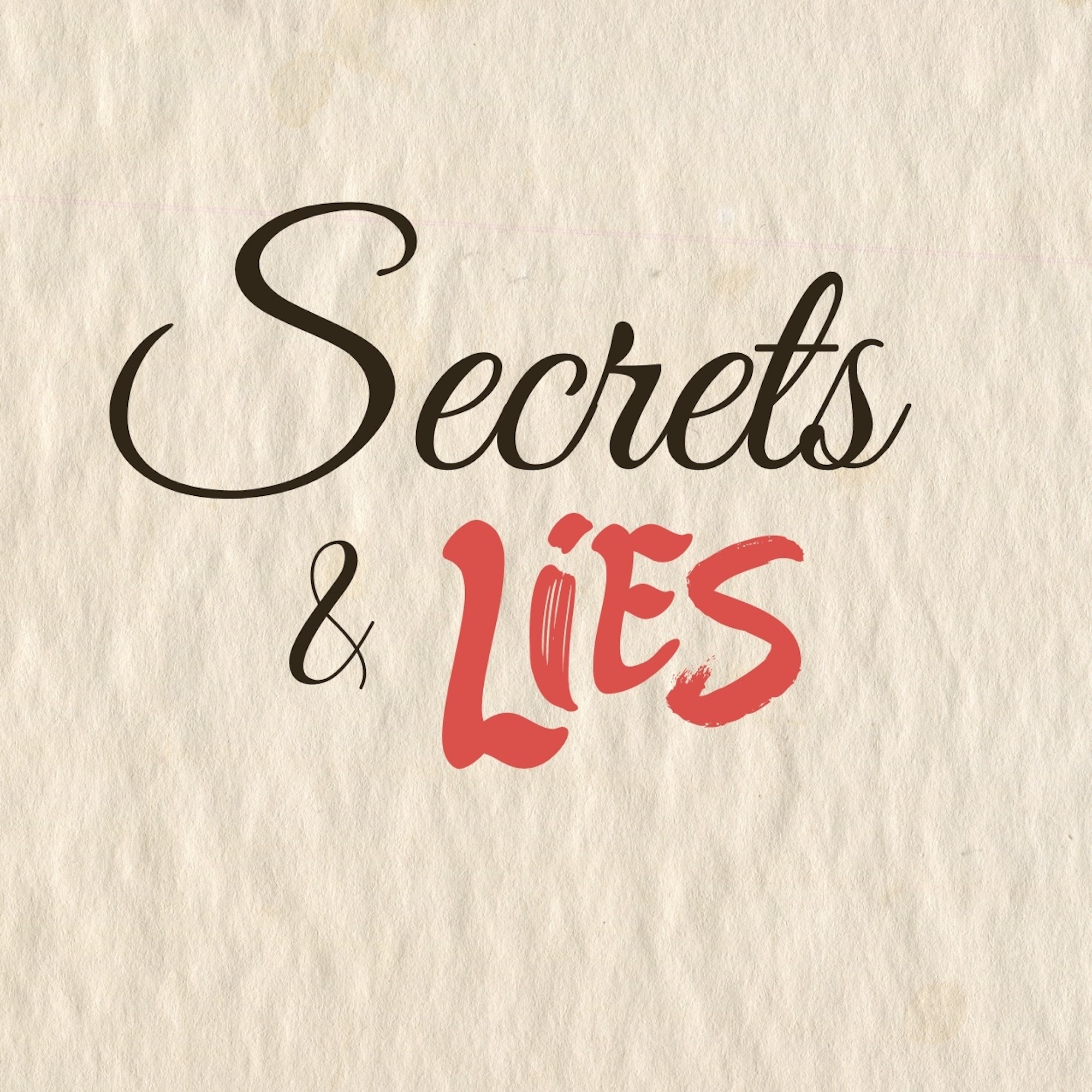Episode Transcript
[00:00:01] Hi, welcome back to Secrets and Lies. This is Carolyn. It's been a minute since I have put a recording out there. Forgive me. Things have been a little crazy post, Helene. And all of the things about getting closer to the holidays and all manner of ways life can get in the way as writers and, you know, humans, I am sure you guys can relate. Anyway, I wanted to come and talk a little bit today about some new tools that I found.
[00:00:38] I have had a novel in various states of the final version for years now, and I have got to punch it up and get it out the door and get started on the next thing. And I have been searching and searching for some good organizational tools that will help me figure out where I may have some gaps and flesh out a little. My novel right now is about 60,000 words. I'd like to get it up to about 75 or 80,000 words.
[00:01:21] And I have some ideas about how I want to do it, but it just felt overwhelming about how do I get in there? How do I figure out what I need? How do I find spaces? Is my structure just out of control?
[00:01:36] So I know we had done a previous podcast episode on different tools, and I tried some. I started with a tool called NovelPad.
[00:01:50] And NovelPad is fascinating because it will let you copy in or upload your book into this tool, and then you have the ability to just work on it like a straight manuscript if you want, and it saves to the cloud regularly. So you're working on it on any device anywhere, and then the cloud will save your changes. So that's super convenient.
[00:02:24] One of the things that I found really problematic, especially having, I don't know, 25 versions of my manuscript, is how much room that takes up.
[00:02:37] So having it save in the cloud for me, having it always hanging on to the most current version is fantastic. The other thing that it does is it will separate your book for you into chapters.
[00:02:52] I had to do a little because I didn't write it in the tool. I had to do a little working backwards as far as setting up heading styles in my original word file so that the tool would know where the chapter breaks are.
[00:03:11] But I managed it. It took me a couple tries, but I managed it. So that's pretty cool. So now I can look at my chapters sequence in this tool. It breaks it down. It's pretty cool.
[00:03:27] You can also keep track of several plots, and I haven't super figured out how this links in if I'm, you know, retroactively going back in and trying to map these. But I imagine this is going to be just amazing when I start on the next story from the beginning in this. In this tool, keeping track of mainline plots and subplots and so on. And it links to the different chapters and characters, which brings me to the next section. Characters. I have loaded in all of the characters that I have in the story. And this will break down where exactly in the manuscript those characters appear.
[00:04:21] So that's fantastic. So if you want to beef up a scene between a couple of your characters and you're trying to remember where exactly they had that conversation or whatever, this makes it super easy to find.
[00:04:38] All right. It also allows you to track locations and see where those fit in the story.
[00:04:48] There is a place to capture insights or notes for yourself. You can add scenes within the various chapters. It's a nice place to add notes for yourself. For example, I rewrote the beginning of my novel several weeks ago, and this I just threw up a placeholder chapter and what exactly I needed that new opening to do. So that's useful. Then you can export the whole thing as a Word document or as a PDF or whatever, wherever you need it to go. So that tool is called Novel Pad. And I'll put a link to it on the Secrets and Lies face page if you are interested in checking it out. I have found it to be, as I said, super helpful.
[00:05:49] The next thing that I wanted to tell you about, which I kind of found by accident, is called Autocrit. And I had signed up for a class that I saw on Facebook or something, gosh, earlier this year. It seems like ages ago. And it was taught by Autocrit. And if you paid for the class. This particular class that I took was on writing mysteries and thrillers.
[00:06:39] You got like free access, like the free version, access to Autocrit. And that does some cool things that gives you the ability to get. There are some other classes I had access to and some other things that were there, and I got through most of the class. I haven't finished it yet because, you know, I'm me.
[00:07:06] But I saw another ad on Facebook about something called the backward outline. Here we go. Projects and files.
[00:07:22] Anyway, this allows you to.
[00:07:29] To take the. My novel, which is, you know, I told you, it's a 60,000 words. Upload it into this tool and then it will do analysis for you, including if, you know, I had them run this. It like created an outline of this book that I had already done. And it will do analysis for you on your characters, on your plot backwards blueprint. That's what it's called it will do like an overall thing. If you want to compare your novel to other novels in the same general genre, it will do that.
[00:08:22] Anyway. It's I found it fascinating and it gave me a lot of information and insight and I'm sure it's coming from some AI tool which analyzes it. But this tool isn't writing my book. It's just telling me about my book and where there might be some gaps or holes along the way. And that came that is super useful for me. So I'm looking through the notes that I pulled in the analysis I did on my characters, the analysis I did on my storyline and it gives me tips like introduce more culinary related clues or settings for thematic consistency. That sounds like a great idea. Actually as my novel takes place sort of around in the food world of New York, it talks about my world building.
[00:09:30] It talks about what's working and what's novel, what meaning, what is interesting. And unlike other stories that coming from my book, which makes me feel good that I came up with some original ideas that I am working through my story, it gives me again some different ideas as far as what I could do to punch this up a little bit. Delve into rare cooking styles or locations to heighten uniqueness.
[00:10:01] It analyzes the predictability of the book. Are there things that remain surprising? Do I have surprises along the way?
[00:10:09] Is there complexity? And is that complexity working for my book or not? Are there unexplored twists that I might incorporate to add additional layers in here?
[00:10:24] So anyway, this is a lot of fun and it really is going to help me go back to punching up areas. I want to add a couple of additional characters. I'd like to flesh out a few characters that I already have and I don't feel like they're doing as much work in my story as they could be to help bring it home. And I'm hopeful that that is going to get me to about the word count that I want. Anyway, that tool, as I said before, is called autocrit. I will put a link to it on the Secrets and lies Facebook page 2 so that you can find that if you think it will be helpful. There is a free version and there is a pro version which is paid. But I think that even on Facebook there is a link where you can get two weeks of the Pro version for like a dollar.
[00:11:24] If you're already a member of AutoCrit, I think that what the way that they'll do it is they'll give you a couple of weeks or the first month or something at half price, and then I think it's like $30 a month.
[00:11:41] Lastly, the next tool that I wanted to talk to you guys about is called Duotrope. And I've been on Duotrope for, it seems like forever.
[00:11:56] When I first started sending out query letters to agents and then later sort of abandoned my trying to query agents and started sending short stories out to different publishers, I signed up for Duotrope. It does two things, hence the name.
[00:12:19] It provides you a running list of either agents or places that are looking for submissions are open for submissions and you can drop in in the search information about the piece that you have. Is it a short story or novel or an article? Roughly how many words is it? What genre does it fit in? Whatever it is that you have. And then you can plug that in and it will suggest potential markets for you to submit to. Then the real magic happens. It keeps track of your submissions to all of these places and you can. It has a very, I think, robust submission reporter submission tracker.
[00:13:11] And it will keep track of your statistics. It will keep track of any submissions that you actually have out there that you haven't heard back about recently.
[00:13:28] So that you can either follow up or close those down. It allows you to create a database of or, you know, keeps track of all of the different pieces that you have. You might be submitting different pieces to different markets. It keeps track of all of that and how long it's been and so on. And when you start getting your inevitable rejections, it keeps track of the kind of rejections you get.
[00:13:56] Was the.
[00:13:59] Was the rejection, like a nice rejection? A personal note? Was it a form letter?
[00:14:07] Did they ask you for changes and to resubmit?
[00:14:11] There's a lot of information in here about these different markets and so on, and it keeps a hold of all of that for you. So I will also put a link for that. I pay for duotrope at about $50 a year. It is worth every penny. And just seeing, like, how many submissions I have sent out over the years makes me feel good about, you know, getting my work out there and doing what we do as writers and lovers of story.
[00:14:59] All right. Normally when we do these episodes, we would put together a fun truth or fiction for you.
[00:15:14] And I think what I may do this time to give you the truth or fiction is I may actually make a fun little thing and do it on the Facebook page this time so that you guys can read a short little summary of what's happening and then you can guess is this truth or is this fiction? And then I will let you know how that guess goes. All right, so watch for that again. That's going to be on the Secrets and Lies Facebook page.
[00:15:53] We will do some truth or fiction for you Also, I promise I won't be waiting quite this long to get back to the podcast and try and get this, get this out for you a little bit more regularly. I'm feeling like motivated here because I'm finishing up finally my novel and I'm going to start doing the rounds with that again. Excited about it. I'm excited about getting involved again with the North Carolina Writers Network.
[00:16:33] I did a reading at one of their events when I first moved to North Carolina, and it was just such a welcoming group and a good experience. So I'm excited to get in touch with those folks and get set up anyway. And I have submitted several news stories out to potential markets. Keep your collective fingers crossed for me that those pieces will find a happy, happy home.
[00:17:04] All of this is sort of coming from my wonderful experience this year at Bouchercon.
[00:17:13] If you write in, you know, mystery, thriller, detective fiction, I highly recommend it. So much fun. This coming year it will be in New Orleans and I went to the last Bouchercon that was held in New Orleans and it was a good time. So.
[00:17:34] All right, I will close this for now. Please look to the Facebook page for secrets and lies and you will find links to the tools that I shared about. And you will also find a new truth or fiction game.
[00:17:55] All right, have a great week and holiday season and don't forget to give yourself some time and some space to do a little writing, do a little reading. It's good for your soul. All right, have a great day.


